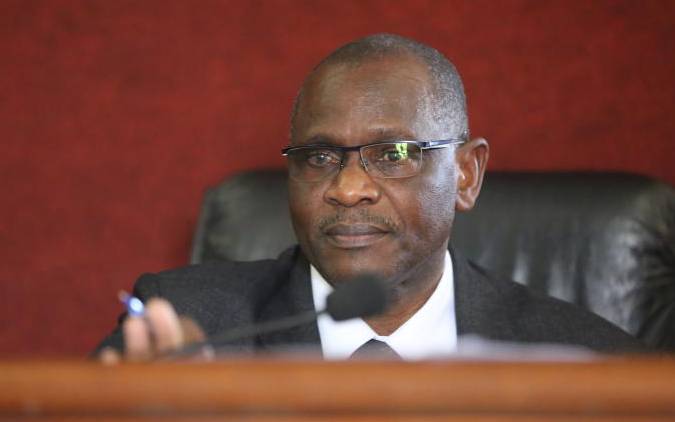×
The Standard e-Paper
Fearless, Trusted News

Political parties and Independent Electoral and Boundaries Commission (IEBC) have also contributed to the crisis on the two-thirds gender rule.
On April 27 2017, months before the General Election, Justice Chacha Mwita delivered judgement in a case where Katiba Institute sued IEBC over the gender rule.